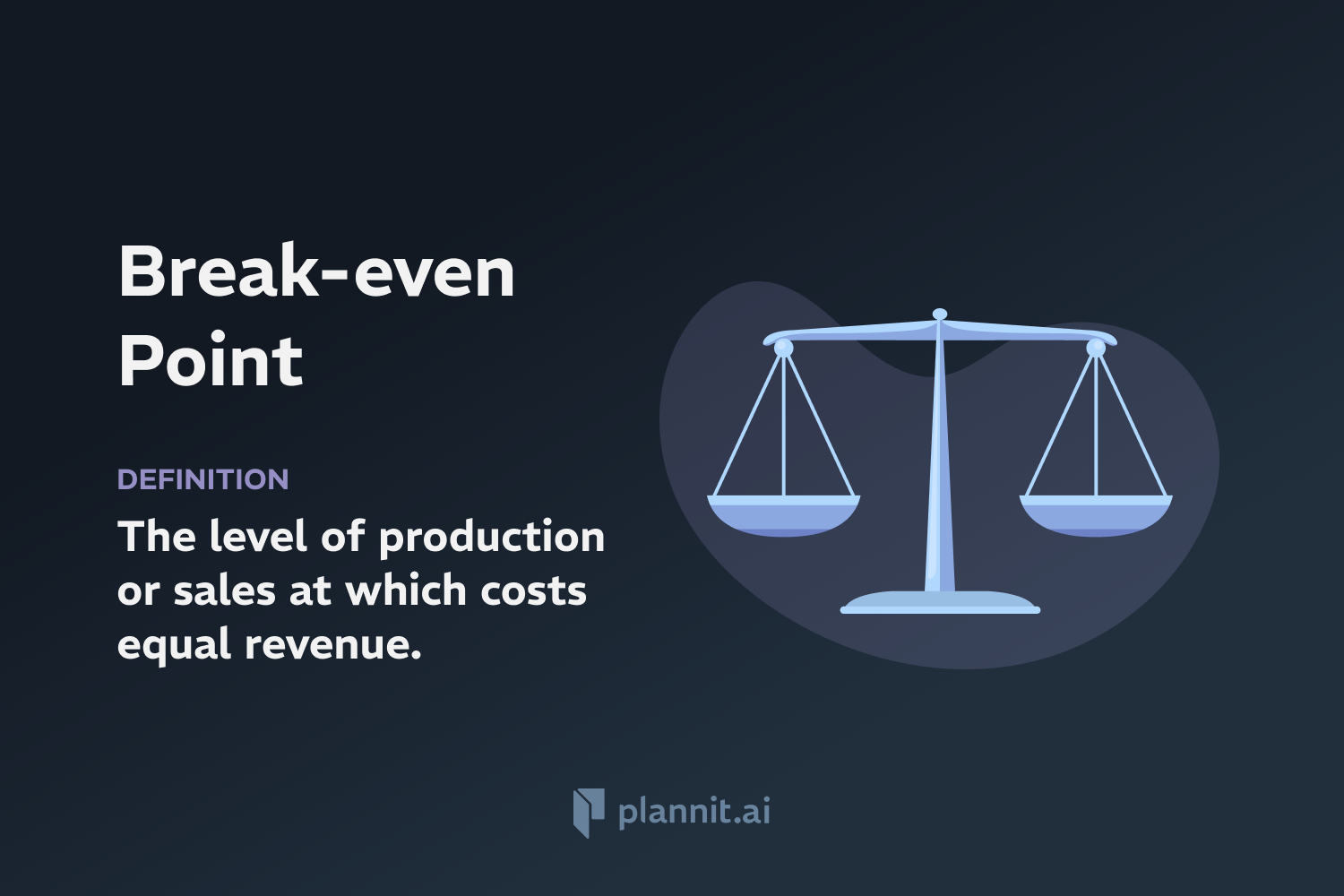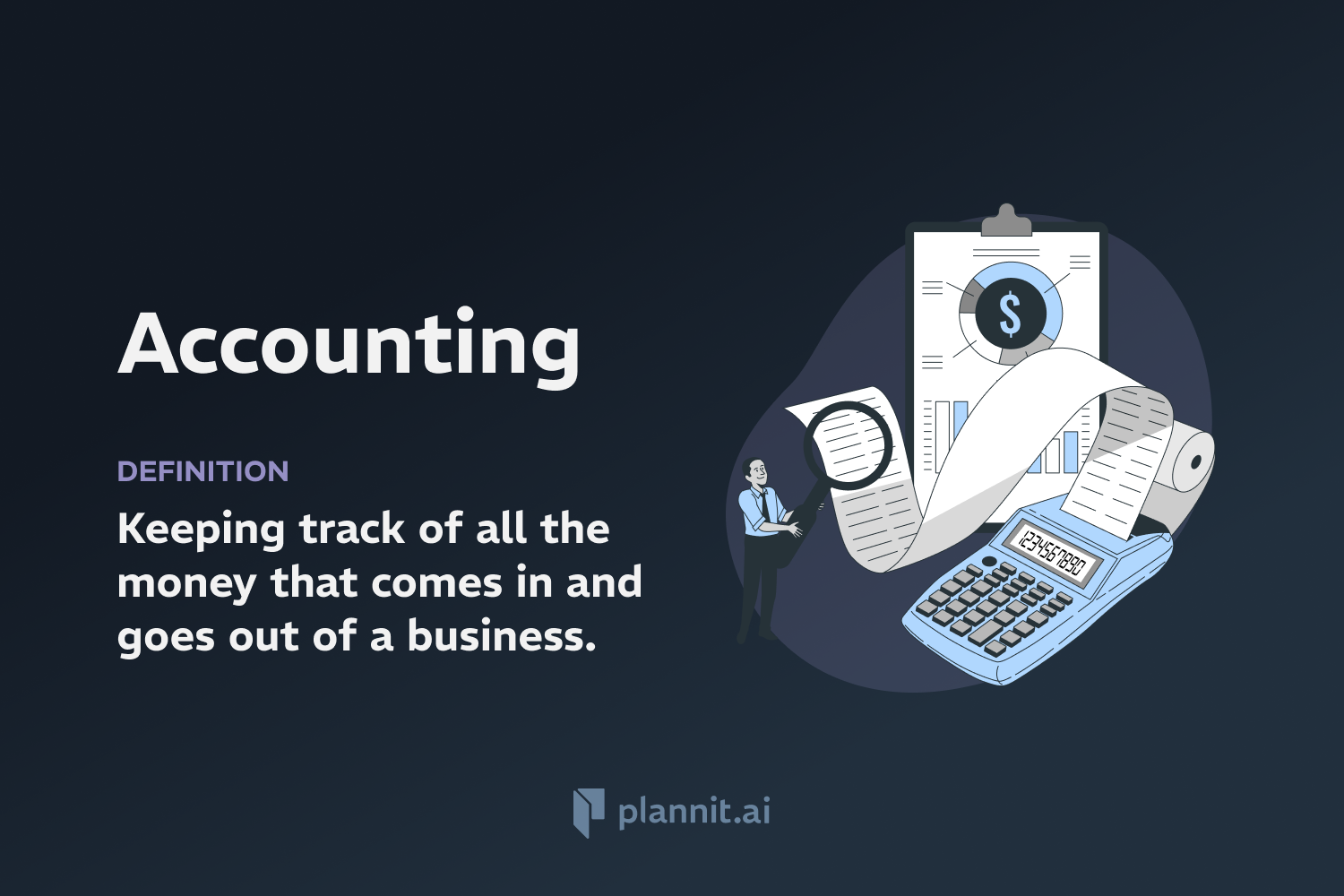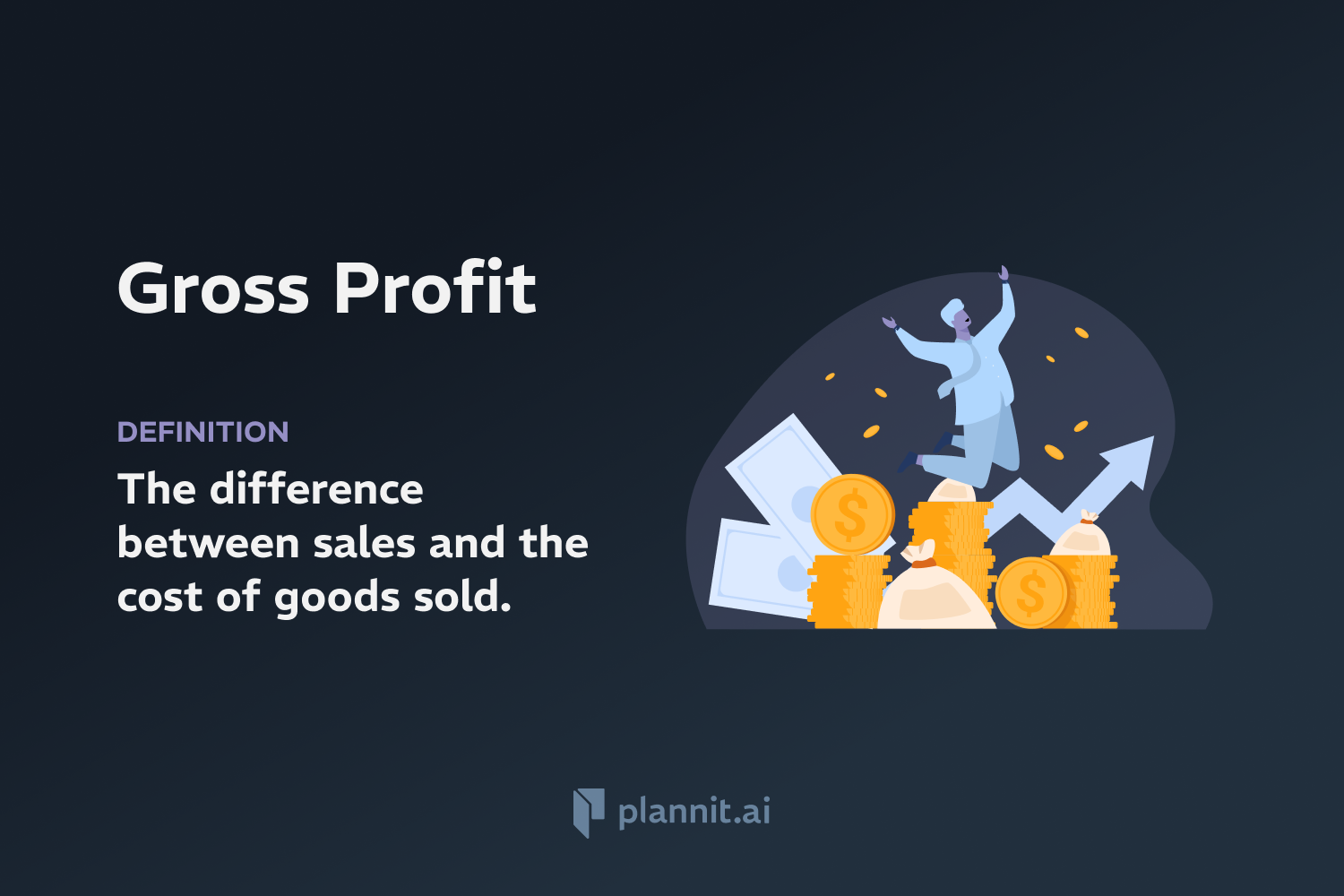Need Help With Your Business Plan?
Answer tailored questions and get a detailed business plan in minutes.
Return on Investment (ROI): Definition & In-Depth Explanation
Return on Investment (ROI) is a financial metric used to evaluate the efficiency and profitability of an investment. It measures the amount of return on an investment relative to the investment’s cost. ROI is widely used across industries and can apply to a variety of investments such as business projects, stock purchases, or real estate transactions.
Purpose:
The primary purpose of calculating ROI is to gauge the effectiveness of an investment and to compare the efficiencies of several different investments. By assessing ROI, investors and managers can make informed decisions about where to allocate resources in order to maximize returns. It provides a simple, universally interpretable metric for evaluating the financial consequences of business actions.
Related Terms:
Net Profit: The actual profit after working expenses not included in the calculation of gross profit have been paid.
Cost-Benefit Analysis: A systematic approach to estimating the strengths and weaknesses of alternatives used to determine options that provide the best approach to achieve benefits while preserving savings.
Internal Rate of Return (IRR): A metric used in financial analysis to estimate the profitability of potential investments.
Payback Period: The length of time required to recover the cost of an investment.
FAQs:
What is a good ROI?
A "good" ROI varies by industry and the nature of the investment. However, an ROI that exceeds the cost of capital (the return that could have been earned by putting the same money into a different investment with equal risk) is typically considered good.
Can ROI be negative?
Yes, if the net result of the investment is a loss rather than a profit, the ROI will be negative, indicating that the investment has lost money.
How does inflation affect ROI?
Inflation can erode the real value of an investment’s returns. To get an accurate ROI, the inflation rate must be subtracted from the ROI of an investment that is not inflation-protected.
Is ROI applicable to non-financial investments?
Yes, ROI can be used to measure the return on non-financial investments, such as educational degrees or training programs, by comparing the cost of the investment against the increased earnings or other benefits it generates.
What are the limitations of ROI?
ROI does not account for the time value of money, and it may not provide a complete risk assessment. It also doesn't take into account the duration of the investment, which can be critical, especially for long-term investments.
Get funding with a business plan that will impress investors.
Starting a New Business?



